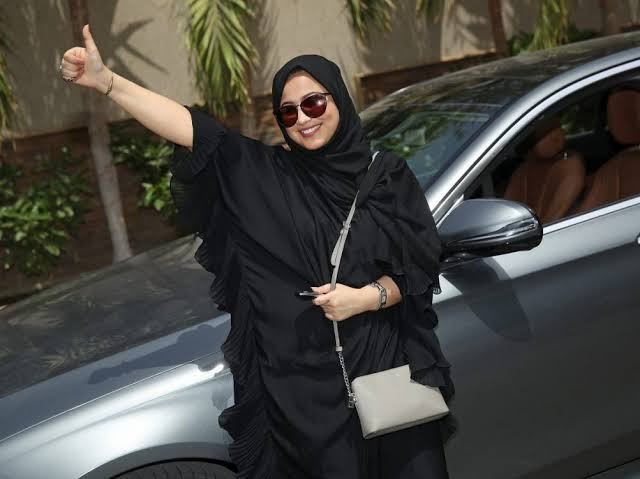
Women in Saudi Arabia have been granted the right to travel without a male guardian’s permission, in a shift which removes one of the most prominent restrictions on the status of women in the country.
According to the Saudi Gazette, Saudi authorities approved amendments to regulations which would allow women to apply for and obtain a passport without permission from a male guardian.
The change was hinted last month by anonymous Saudi officials speaking to the Wall Street Journal, and has now become official.
The amendment will allow women aged 21 and over to apply for a passport themselves, and remove rules that required women to receive permission each time they wanted to cross the Saudi border. This gives them equal standing with men on the same age.
The change to the law follows a global backlash over the system, prompted byin-depth reports by INSIDER about the realities of the system, which proved a significant barrier to women trying to flee the country.
Many of the requests were administered via a Saudi government app, called Absher, which allowed guardians to grant and rescind travel permissions with a few button presses on their smartphones.
INSIDER’s reports highlighting the fact that both Apple and Google had approved the app for download via their app stores prompted criticism of the companies, but both continued to offer the service.
The changes announced Friday also allow women to complete other tasks formally restricted to men, including registered the birth of a child, a marriage, a divorce, or a death.
In recent months, women were also granted the right to access government and health services without requiring consent from their male guardians, and to open their own businesses, join the military, and to exercise in public.
One of the highest-profile changes saw women in the country granted permission to legally drive a car.
Mohammed bin Salman, the crown prince of Saudi Arabia, has promised to accelerate reforms in the country.
His Vision2030 program for the nation’s development calls for “equal opportunities” for men and women in Saudi Arabia, though it is unclear precisely what other changes could follow.
Despite the advances, Saudi women are far from reaching equality.
In the 2018 Global Gender Gap Report, Saudi Arabia was ranked 141 out of 144 countries measured.
The country still enforces a strict dress code, under which most women wear a long cloak, known as an abaya.
Men and women are still prohibited in many contexts from mixing in public, with beaches, stadiums, public transport and pools segregated by gender.
Dr. Lina Abirafeh, the director at the Institute for Women’s Studies in the Arab World, told Business Insider last year that she has seen surface-level changes enhancing women’s rights, but that Saudi society has much left to do.
“Positive steps are being taken but Saudi Arabia still lags behind in terms of women’s rights,” she said.
“There might be a strategy to appear liberal in the global arena but it is hard to tell if there is genuine intention for real change within the society – or if these are tokenistic,”she added.
The Kingdom has incentive to appear modern to the outside world as it moves to shift the country’s economy away from oil.
You may be interested

2026 WCQ: Rwanda Release 28-Man Provisional Squad For Super Eagles Clash
Webby - March 15, 2025The Amavubi of Rwanda new head coach Adel Amrouche has unveiled his 28-man provisional squad, ahead of this month’s Group…

6 Memorable Super Eagles Away Wins In World Cup Qualifying History
Webby - March 15, 2025With the Super Eagles yet to win an away game in the 2026 FIFA World Cup qualifiers, their clash against…

Babayaro: Osimhen, Lookman Should Join Chelsea
Webby - March 15, 2025Former Nigeria international Celestine Babayaro says Victor Osimhen and Ademola Lookman would be a perfect fit for Chelsea. Osimhen is…





















![American Pastor, David Wilson Seen Eating The Box Of Woman Who Isn’t His Wife [Video]](https://onlinenigeria.com/wp-content/uploads/2019/10/american-pastor-david-wilson-seen-eating-the-box-of-woman-who-isnt-his-wife-video-150x150.jpg)








